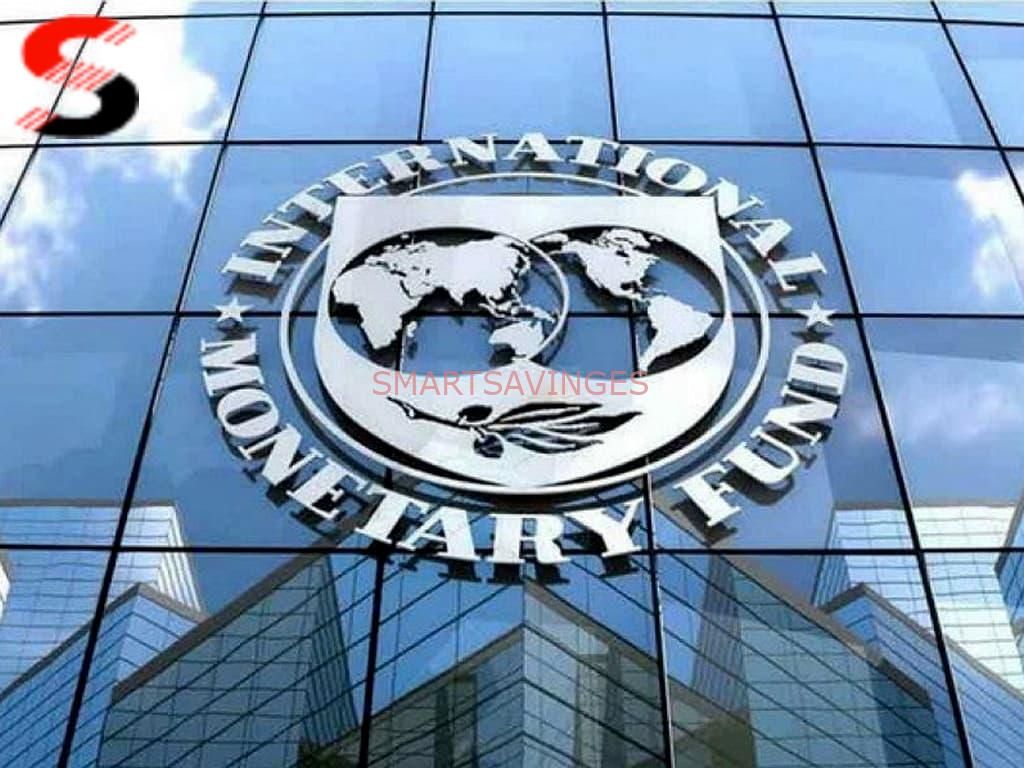In a recent report, the International Monetary Fund (IMF) has raised concerns about Pakistan’s mounting external debt, which has reached a staggering $100 billion. The IMF warns that if the nation fails to meet its bailout program goals, it could be compelled to restructure its debt, becoming the next country to face such a financial crisis.
The IMF’s report, published on July 18, highlights the escalating risks to Pakistan’s debt sustainability, exacerbated by the scarcity of international financing and the country’s substantial funding requirements. Pakistan had been facing prolonged delays in securing a $3 billion bailout loan from the IMF, finally obtaining it last week. This financial aid helps stave off an immediate sovereign default, but the nation remains vulnerable if it fails to achieve the goals set under the bailout program.
The ballooning external debt presents a pressing challenge to Pakistan’s economic stability. With external debt now reaching $100 billion, the nation must tread carefully to avoid an unsustainable debt burden that could lead to a restructuring of its financial obligations. Restructuring debt would entail renegotiating the terms of loans, potentially leading to longer repayment periods or reduced interest rates, but it could also signal to investors and international lenders that Pakistan is facing severe economic challenges.
The IMF’s warning underscores the urgency for Pakistan to implement robust economic reforms and adhere to the terms of the bailout program. The nation must work towards bolstering its revenue streams, enhancing fiscal discipline, and promoting investment to achieve long-term economic stability. Failure to meet the bailout program’s objectives could exacerbate the debt crisis and erode investor confidence, leading to potential credit rating downgrades and increased borrowing costs.
Pakistan’s government must address the root causes of its rising debt, which include a significant current account deficit, weak tax collection mechanisms, and unsustainable public spending. By adopting prudent fiscal policies, encouraging export-oriented industries, and attracting foreign direct investment, Pakistan can enhance its economic resilience and reduce reliance on external borrowing.
Furthermore, the IMF’s report serves as a wake-up call for policymakers to prioritize economic growth, job creation, and poverty alleviation. A sustainable economic expansion will not only enhance Pakistan’s ability to service its debt but also improve the living standards of its citizens.
To mitigate the risk of debt restructuring, Pakistan should engage in constructive dialogue with international lenders and creditors. Transparency and commitment to reforms will be crucial in gaining the confidence of financial markets and development partners.
Pakistan faces a critical juncture in its economic journey, with the IMF warning against the growing burden of external debt. By swiftly implementing comprehensive reforms and meeting the conditions of the bailout program, Pakistan can navigate its way toward financial stability and avoid the need for debt restructuring. The nation’s determination to address these challenges and foster sustainable economic growth will be instrumental in securing a prosperous future.














